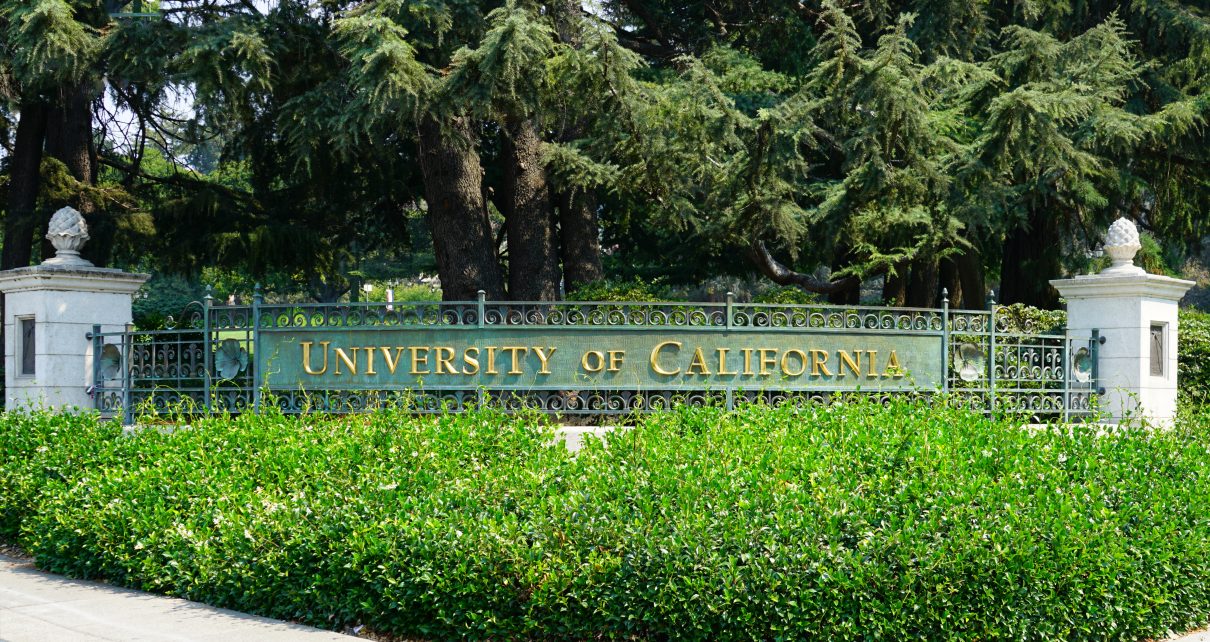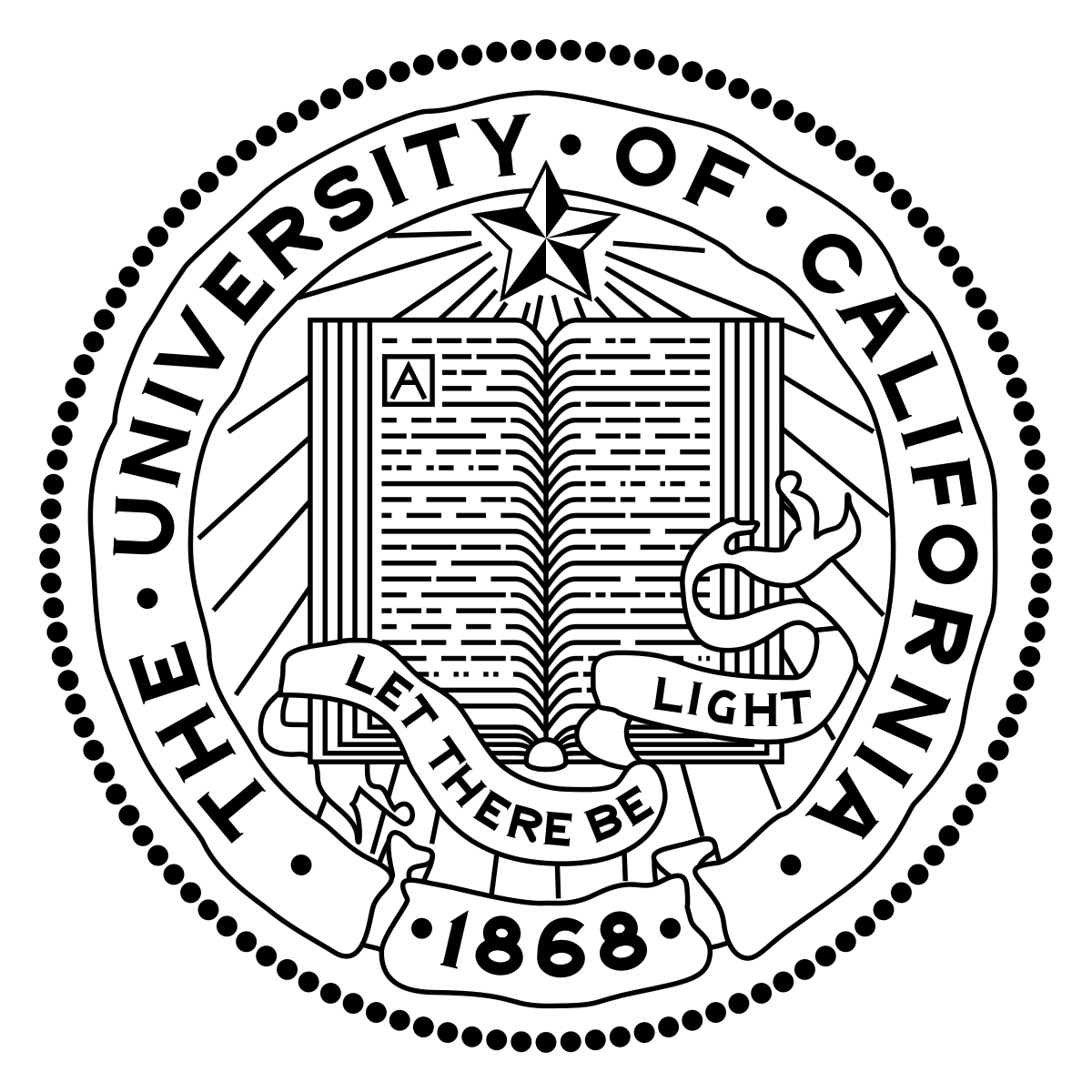
View of the campus of the University of California, Berkeley. (Photo: EQRoy, Shutterstock)
UC and Labor Union Reach Tentative Agreement Over Academic Worker Strike
If ratified, remaining 36,000 student workers will end strike
By Evan Symon, December 19, 2022 2:03 pm
The University of California academic workers strike that began November 14th and, at it’s peak, affected 48,000 workers across the UC system, ended on Friday when a tentative agreement was reached between UC and the United Auto Workers (UAW) union representing the remaining 36,000 student workers.
The strike first began over a month ago on November 14th. Months of negotiations between the University system and the UAW, which represents the four different academic bargaining units, including postdoctoral scholars, academic researchers, academic student employees (such as teaching assistants) and graduate student researchers, fell flat going into that weekend. Issues such as better pay to find affordable housing nearby campus, better benefits such as childcare subsidies, expanded healthcare for dependents, and receiving public transportation passes for work, as well as lowered tuition costs for international students and better accessibility for the disabled all went unresolved.
The ensuing strike significantly hurt UC campuses from San Diego to Berkeley. Class attendance fell, grading slowed, and prep for finals was thrown into a disarray with so much support staff out on strike. The strike has also polarized campuses, with many divided over the reasons for the strike. Initially, the majority of professors and students sided with the strikers, but as the weeks wore down both students and faculty, more and more have been stepping away from supporting the strikers.
During this time, negotiations were started back up with the UAW and the different bargaining groups. Talks with the group of employees tied in the closest to the 10 UC campuses, the postdoctoral employees and academic researchers group representing 12,000 workers, advanced the quickest, with a tentative agreement being reached in late November for pay hikes of up to 29%, increased family leave, more childcare subsidies, and lengthened appointments to ensure job security.
By December, finals and end-of-year grading were strained, with negotiations moving slowly in Sacramento, with Mayor Darrell Steinberg being a lead negotiator in the process. However, on the 16th, an agreement with the final 36,000 workers was tentatively agreed to, bringing a likely end to the now over 1 month-old strike.
According to the deal, academic student employees will see raises of around 55% in the next two and a half years, with campuses in the Bay Area and Los Angeles getting around an extra 10% due to the higher living expenses. Health and child care benefits will also go up, along with new workplace protections, and transit benefits for those coming on public transportation.
“In addition to incredible wage increases, the tentative agreements also include expanded benefits for parent workers, greater rights for international workers, protections against bullying and harassment, improvements to accessibility, workplace protections, and sustainable transit benefits,” said Tarini Hardikar, a member of the UAW bargaining team, in a statement on Friday.
Two bargaining units of the UAW will still need to ratify the new agreement, but if approved this week, the new contracts would go through May 31, 2025.
Both the University and the union praised the deal during the weekend, with the final figure being a substantial increase from current pay and benefit amounts, but still below what the unions had aimed to get.
“The agreement is a huge deal, and it will go a long way toward addressing the high cost of living near UC campuses,” noted bargaining unit leader Rafael Jaime.
Financially, Governor Gavin Newsom said that new higher funding for UC campuses passed earlier this year would likely pay for the increases, and that tuition increases to make up for the increased pay were not likely.
“I’m pleased,” said the Governor on Saturday. “I don’t expect, and hope not to see, a tuition increase.”
UC strike likely over
University of California President Michael Drake added, ” This is a positive step forward for the University and for our students, and I am grateful for the progress we have made together. Our Academic Student Employees and Graduate Student Researchers are central to our academic enterprise and make incredible contributions to the University’s mission of research and education. These agreements will place our graduate student employees among the best supported in public higher education. If approved, these contracts will honor their critical work and allow us to continue attracting the top academic talent from across California and around the world. I would also like to thank our faculty, students, and staff, who have managed the burden of this strike with dedication and patience over the last month.”
While the strike is likely over, its effects will likely linger for some time. Fall grades are likely to be delayed significantly, and federal financial aid could be taken away for some students as a result. The divisions on campuses are also likely to stay around for some time.
“What we are worried about is grade retaliation,” explained James, a UC Berkeley student who didn’t want his last name revealed, in a Globe interview on Monday. “Some students supported it and other didn’t, and we have an awful feeling that some were taking names on where students stood, so they may screw us next semester.”
“Most students held some sympathies for the workers, at least at Berkeley, but I’d say even more just wanted the strike over. Our futures were in jeopardy, and both sides just seemed to put us down instead.”
John Waithe, a Chicago-based higher education researcher, explained to the Globe on Monday that it goes even deeper.
“The strike is over,” said Waithe, “But we’ve gotten a lot of feedback from students and they are generally disappointed that these people went on strike when they needed them most and didn’t wait a bit so their grades were in the clear. They didn’t like being used as leverage or pawns in the negotiations. And, like other education strikes of the past have shown, this just breeds resentment towards what the teachers did. A lot of these students are going to graduate with a jaded look at unions, especially if the strike cost them a scholarship or high marks. We’ve seen it in past strikes, so the UC one might have seeded in a future revolt against unionization. And that’s not even getting into public sympathy, which shot down quickly after a few weeks in.”
UAW local votes on the agreements are to be held soon.
- Bill to Require Law Enforcement Disclosure if AI Was Used To Help Write Reports - August 7, 2025
- Gov. Newsom Files FOIA Request To ‘Expose True Cost’ Of L.A. Federal Troop Deployment for Anti-ICE Riots - August 6, 2025
- California Redistricting: How Newsom’s Plan Will Demolish Hard Fought GOP Gains - August 6, 2025



